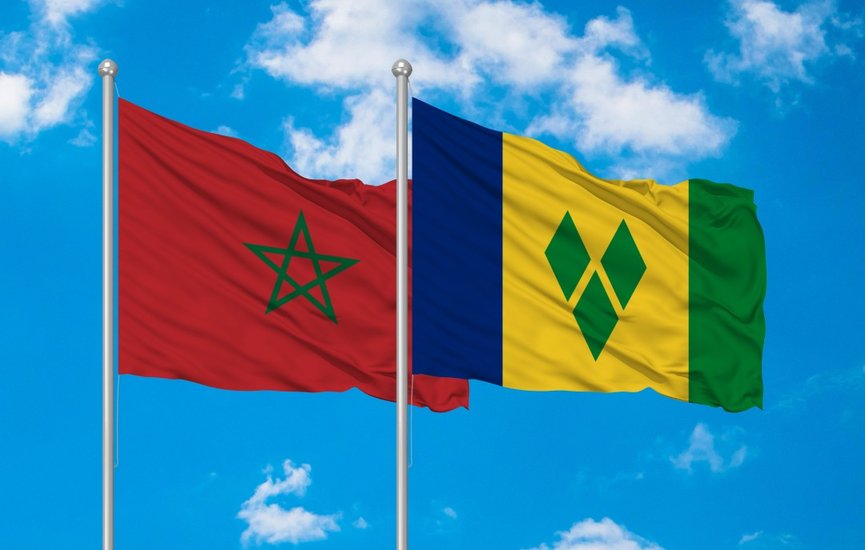Comoros and Saint Vincent and the Grenadines have once again reaffirmed their strong support for Morocco’s Autonomy Plan, calling it the only viable solution to resolve the regional dispute over Western Sahara. The two countries expressed their positions during discussions at the Fourth Committee of the UN General Assembly in New York on Tuesday.
Lasana Andrews, Counsellor at the Permanent Mission of Saint Vincent and the Grenadines to the United Nations, reiterated her country’s recognition of the Moroccan Autonomy Plan as the “only solution” to the ongoing dispute. She urged all parties to stay engaged in the UN-led political process, emphasizing the need for dialogue, compromise, and adherence to international law in pursuit of a peaceful, lasting resolution. Andrews also praised the efforts of the UN Secretary-General and his Personal Envoy to revive the political process.
Separately, Comoros’ Permanent Representative to the UN, Ambassador Ismael Chanfi, expressed his country's “unreserved support” for Morocco’s 2007 Autonomy Initiative, calling it a “realistic, consensual, and credible solution” that adheres to international standards of devolving powers to local populations. He noted that the plan is consistent with international law, the UN Charter, and relevant Security Council and General Assembly resolutions. Ambassador Chanfi also highlighted the growing international backing for Morocco’s initiative and commended Morocco’s efforts to promote development in its southern provinces through the New Development Model for the Sahara, launched in 2015. This initiative, he said, has led to improvements in living conditions, strengthened infrastructure, and advancements in renewable energy, education, and local governance.
The Comorian diplomat also pointed out Morocco’s commitment to human rights, noting the work of the National Human Rights Council’s regional commissions in Laayoune and Dakhla, as well as Morocco’s cooperation with the UN Office of the High Commissioner for Human Rights. He recalled that these efforts have been repeatedly acknowledged by the UN Security Council. Furthermore, he emphasized that elected representatives from the Sahara have actively participated in UN regional seminars and roundtable discussions, showcasing their democratic legitimacy and involvement in the political process.
Ambassador Chanfi concluded that resolving the Sahara issue would “strengthen regional cooperation and stability” across North Africa and the Sahel.
In recent months, Morocco has continued to gain strong international support for its Autonomy Plan, with countries such as Saudi Arabia, the UAE, Qatar, Jordan, and Bahrain reaffirming their commitment to Morocco’s territorial integrity. African nations like Gabon, Senegal, Côte d’Ivoire, and Malawi have also renewed their backing, with many opening consulates in Laayoune and Dakhla as a sign of recognition of Moroccan sovereignty over the region.
At the United Nations, Morocco remains dedicated to the political process led by the Secretary-General’s Personal Envoy, Staffan de Mistura, and continues to call for the participation of all parties, particularly Algeria, in roundtable talks to achieve a lasting solution. The Moroccan government has reiterated that the Autonomy Plan, proposed in 2007, remains the "one and only" basis for a final resolution, asserting that it will ensure regional stability, foster development, and guarantee the rights and participation of local populations in managing their own affairs.
